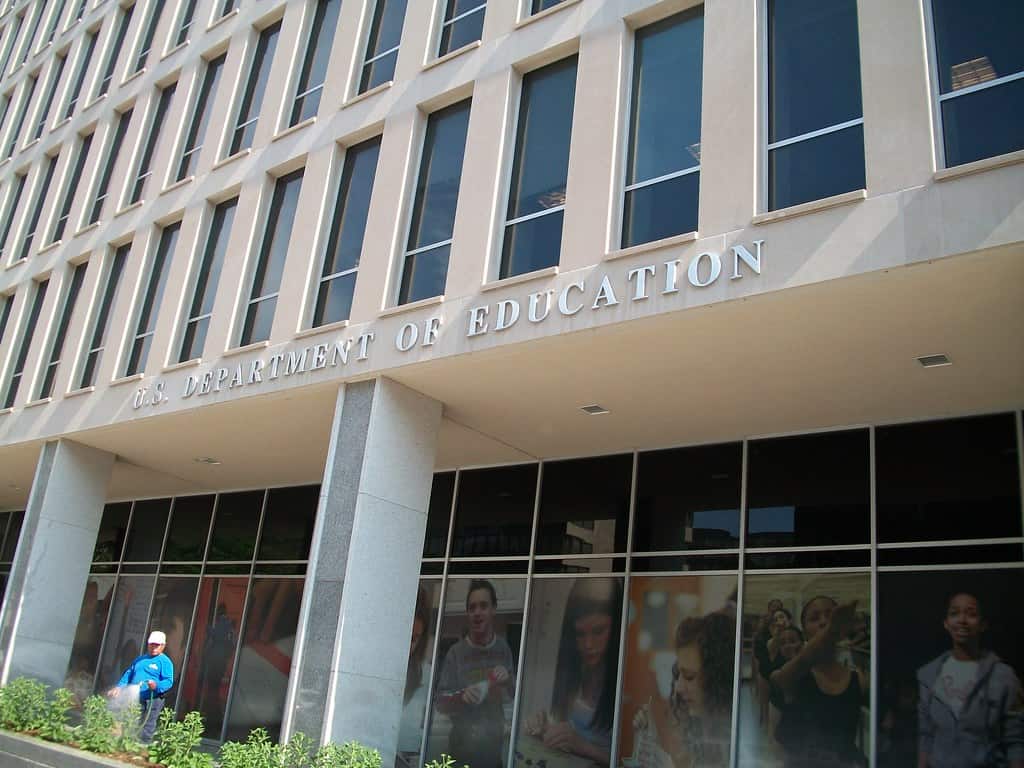Amicus Briefs
Department of Education v. Brown
CASE SUMMARY
NCLA filed an amicus brief in the U.S. Supreme Court supporting two cases challenging the Biden Administration’s unlawful student loan debt cancellation plan. Biden v. Nebraska and Department of Education v. Brown contest the government’s invocation of the HEROES Act to rewrite statutory provisions and cancel some half a trillion dollars owed to the Treasury, which violates both the Vesting and Appropriations Clauses of Article I of the Constitution. NCLA has also challenged the Loan Cancellation Program in an original lawsuit on behalf of the Cato Institute in a separate case pending in the United States District Court for the District of Kansas.
NCLA’s brief offers the Court an alternative basis to find standing for the states, which has been a sticking point thus far in lawsuits against the Loan Cancellation Plan. Arkansas, Iowa, Kansas, Missouri, Nebraska, and South Carolina would suffer concrete injuries from the government’s unlawful debt cancellation plan because it undermines the Public Service Loan Forgiveness (PSLF) program. Congress established the PSLF program in 2007 to encourage individuals who owe student-loan debt to seek employment with public-service employers, including state governments. Under the PSLF, borrowers can have their entire debt forgiven if they make 120 payments and work for 10 years at a covered employer. By cancelling their debt now, the Loan Cancellation Program reduces or removes the PSLF deferred-compensation incentive, thereby directly harming states’ ability to recruit and retain college-educated employees.
OUR TEAM
RELEVANT MATERIALS
NCLA FILINGS
PRESS RELEASES
NCLA Amicus Brief Argues States Have Standing to Challenge Student Loan Debt Cancellation Plan
February 3, 2023 | Read More

